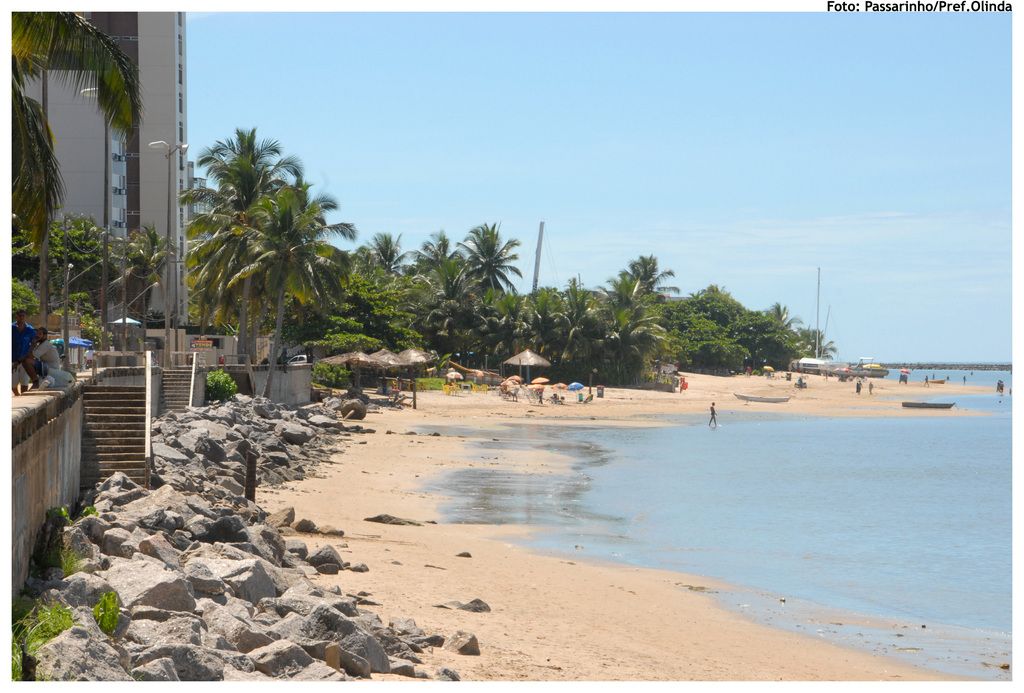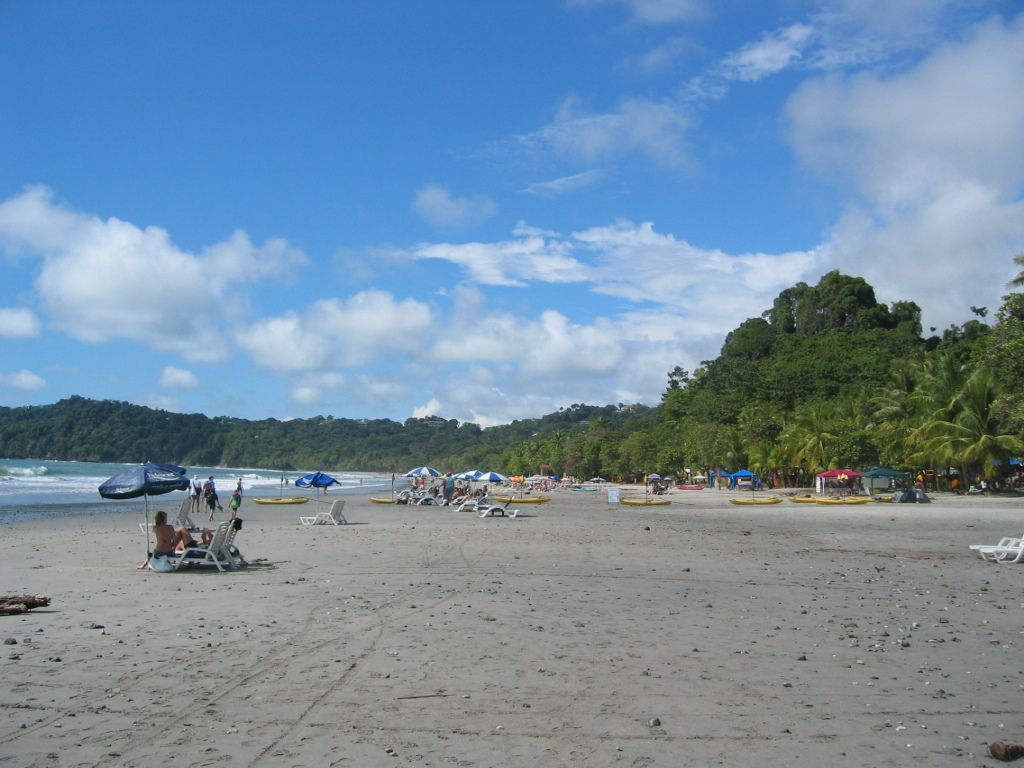Germany's New Gas Power Plans: Bridge to a Greener Future?
Initiates a procurement process for building novel gas-fueled power plants
In a bid to ensure energy stability and flexibility during periods of renewable energy shortage, Germany is planning to construct new gas-fired power plants. The country's new Economics Minister, Katherina Reiche, has emphasized the crucial role that these gas power plants will play in providing electricity during times when renewable sources like wind and solar are inadequate.
This strategy aligns with Germany's broader energy transition goals, although it also concentrates on economic competitiveness and climate targets. The decision to build these gas power plants, however, has sparked debate, as it seems to contradict Germany's climate ambitions. Nevertheless, these plants are intended to serve as a bridge technology, providing flexibility in the energy mix until renewable energy sources can fully replace fossil fuels.
Subsidies and Funding
While specific details on subsidies for new gas power plants have not been explicitly disclosed, Germany's prospective coalition government has agreed to allocate a substantial portion of its infrastructure fund to climate action. This includes dedicating €100 billion to the Climate and Transformation Fund, which could indirectly support investments in energy infrastructure, including gas-fired power as long as it aligns with climate goals.
Negotiations with the EU
Though there have been no direct references to fast-track negotiations for new gas power plants, Germany and the EU are currently engaged in broader discussions about energy security and trade. The EU is expediting trade talks with the U.S., which could indirectly impact energy policies and investments. However, the specific negotiations around gas power plants are more related to national energy strategies and EU energy security policies rather than fast-tracked trade agreements.
The Energy Transition's Complexities
The decision to build new gas power plants in the context of Germany's energy transition is a delicate balance between short-term energy needs and long-term climate goals. This approach is part of a broader European strategy to maintain energy security and stability, particularly in the context of the EU's REPowerEU initiative, which strives to diversify energy sources and reduce dependence on Russian gas.
Sources: ntv.de, jwu/rts/dpa/AFP
Topics:
- Renewable Energies
- Energy Industry
- Energy Suppliers
- Energy Supply
- Energy Policy
- Energy Transition
- Federal Ministry of Economics
- Katherina Reiche
- EU Commission
- Energy Security
- Climate Change
- REPowerEU initiative
- The Finance Ministry and the Economics Ministry are examining the possibility of implementing vocational training programs in the energy industry, within the context of the new gas power plant projects, to ensure a skilled workforce for both the short-term operation of the plants and the long-term transition to renewable energies.
- As part of the Climate and Transformation Fund, vocational training programs focused on the energy sector, including gas-fired power industry, could receive funding to promote a competitive and climate-friendly labor force capable of meeting Germany's energy demands and securing a greener future for the community.







